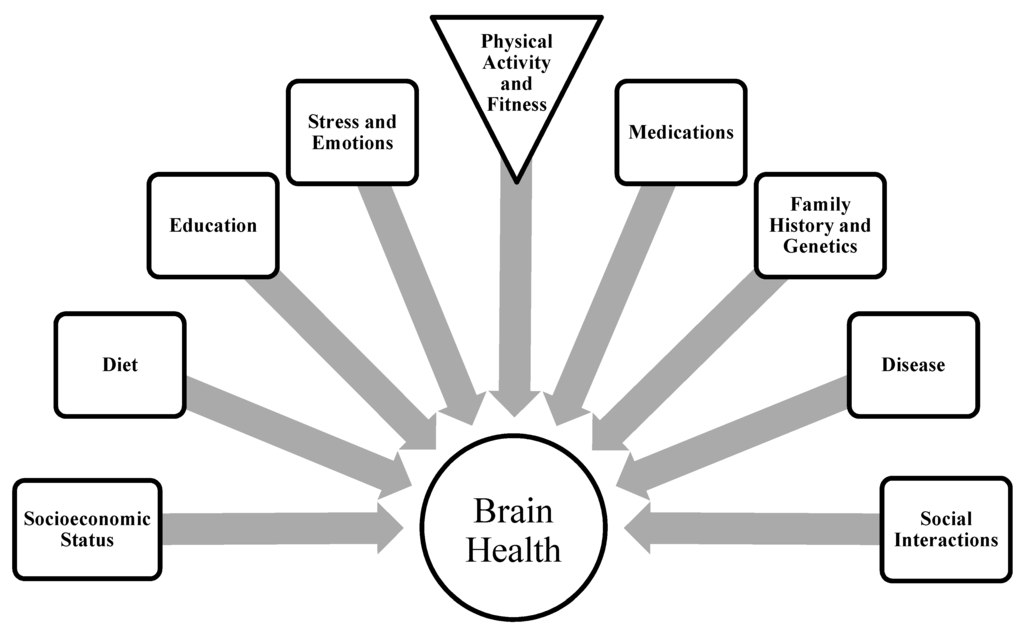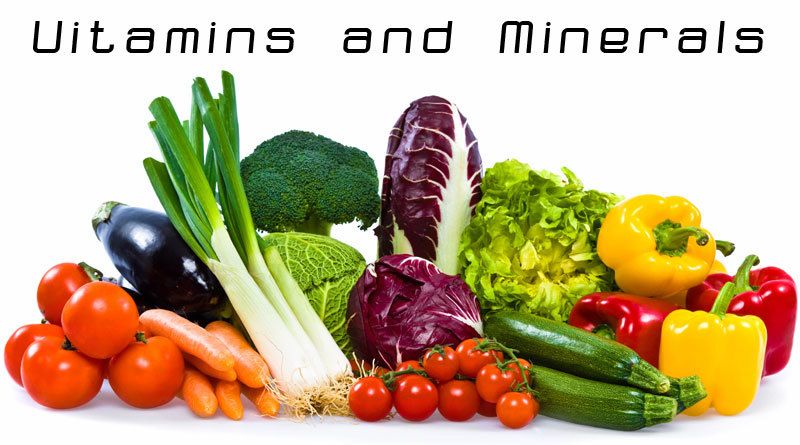Note: this post has been updated in January 2021.
Minerals are 1 of the 6 essential nutrients along with carbohydrates, protein, fat, vitamins, water and fiber. The big question that we need to ask here “are you getting enough the essential minerals” we need to function at our best? The answer could very well be NO.

What are the essential minerals
Minerals are those elements on the earth and in foods that our bodies need to develop and function normally. Those essential for health include calcium, phosphorus, potassium, sodium, chloride, magnesium, iron, zinc, iodine, chromium, copper, fluoride, molybdenum, manganese, and selenium. Source: National Institutes of Health, Office of Dietary Supplements
Why You Need Minerals
Wondering what happens if you don’t get enough essential minerals? With today’s highly processed, fast-food style eating many people aren’t getting the proper nutrition they need. Here’s why you need the essential minerals.

The purpose of food is to provide your body with the nutrients needed to function. Not eating enough or eating too many empty calories means you’re not giving your body the fuel it needs to perform mentally or physically.
Are You Getting Enough Of These Minerals?
Below is a list of the most common mineral deficiencies for most people. We’ll take a look at why people aren’t getting enough, what that means for our bodies, and how to fix it!
Calcium
Dairy products typically come to mind when you think of calcium. While a vegan wouldn’t down a glass of calcium-rich milk, there are plenty of non-dairy options for calcium intake.
Shirmohammadi, the registered holistic nutritionist, recommends:
- Dark leafy greens like kale and collards.
- Vegetables such as broccoli, Chinese cabbage and bok choy.
- Seaweeds like kelp, nori, spirulina and chlorella.
- Organic tempeh.
- Tahini
- Almonds and almond butter.
Why is calcium important?
Among other things, this mineral builds strong bones and teeth, helps clot blood and helps transmit nerve signals, the U.S. National Library of Medicine says.
Iron
Registered dietitian Rene Ficek, the lead nutrition expert at meal delivery service Seattle Sutton’s Healthy Eating, says iron deficiency is common among those following a vegan diet. Although there is some iron fortified in grains and cereals, iron from red meat is the most readily absorbed form of iron,” Ficek says.
Of course, red meat isn’t on the menu for vegans, so they’ve got to find sources of iron elsewhere. But it’s a bit complicated. Clinical nutritionist Tara Coleman explains that iron comes in two forms: heme from animal sources and non-heme from plant sources. Unfortunately, non-heme iron is much more difficult for the body to absorb, she says. Therefore, Coleman says, vegans must boost the number of plant-based sources of iron in their diets. These include beans, lentils, chickpeas, dark leafy greens, organic tempeh, blackstrap molasses, quinoa, nuts and seeds. Pairing these with vitamin C-rich fruits and vegetables like peppers, citrus, papaya, kiwi, berries and tomatoes aids iron absorption, she says.
Why is iron important?
Iron is essential in blood production; UCSF Medical Center says About 70 percent of your body’s iron is found in the red blood cells of your blood (hemoglobin) and in muscle cells (myoglobin). A low intake of the mineral iron, for instance, causes fatigue, weakness and may affect work performance.
Magnesium
Magnesium is a mineral naturally present in many foods and is added to other food products. It is also available as a dietary supplement and present in some medicines. It helps your body regulate muscle and nerve function, blood sugar levels, and blood pressure. It also helps your body make protein, bone, and DNA. Source: National Institutes of Health, Office of Dietary Supplements
Nutrition surveys reveal that men consume only about 80 percent of the recommended 400 milligrams (mg) of magnesium a day. “We’re just barely getting by,” says Dana King, M.D., a professor of family medicine at the Medical University of South Carolina. “Without enough magnesium, every cell in your body has to struggle to generate energy.”
Hit the mark: Fortify your diet with more magnesium-rich foods, such as halibut and navy beans. Then hit the supplement aisle: Few men can reach 400 mg through diet alone, so Dr. King recommends ingesting some insurance in the form of a 250 mg supplement.
One caveat: Scrutinize the ingredients list and be sure to include magnesium. Be sure to look for a product that uses magnesium citrate, the form best absorbed by your body.
Potassium
Potassium is a mineral that your cells, nerves, and muscles need to function properly. It helps your body regulate your blood pressure, heart rhythm and the water content in cells. It also helps with digestion. Most people get all the potassium they need from what they eat and drink. It is also available as a dietary supplement. Source: NIH MedlinePlus
Selenium
Selenium is a mineral that the body needs to stay healthy. It is important for reproduction, thyroid function, and DNA production. It also helps protect the body from damage caused by free radicals (unstable atoms or molecules that can damage cells) and infections. Selenium is present in many foods and is sometimes added to other foods. It is also available as a dietary supplement. Source: National Institutes of Health, Office of Dietary Supplements
Zinc
Zinc, a mineral that people need to stay healthy, is found in cells throughout the body. It helps the immune system fight off invading bacteria and viruses. The body also needs zinc to make proteins and DNA, the genetic material in all cells. During pregnancy, infancy, and childhood, the body needs zinc to grow and develop properly. Zinc also helps wounds heal and is important for our ability to taste and smell. Zinc is found in a wide variety of foods and is found in most multivitamin/mineral supplements. Source: National Institutes of Health, Office of Dietary Supplements
Should you take a supplement
If you want to take a supplement and, you should but make sure that it is a “good” supplement. Many supplements are specified as vitamin supplements but many include minerals. The problem with most traditional nutritional supplements is that their ingredients are combined with fillers, binders, and other additives, making them difficult to be recognized and absorbed by the body. They’re also likely degraded by digestive fluids and enzymes in the digestive tract.
One of the best complete supplements that I have found is Complement. Complement, together with a whole food, plant-based diet, will provide you with the nutrients you need to thrive.
Get on the right track
Join the Physicians Committee’s 21-Day Vegan Kickstart to receive meal plans, recipes, and advice from nutrition experts. This service is FREE and will help you take control of your health as you begin a vegan diet and lifestyle.
Did you enjoy reading this post?
I hope you enjoyed reading this post. If you did, please use the buttons below to share with family and friends you think may benefit from the information in the post.
Express your opinion
If I can answer any questions or if you have an opinion that you would like to express, please let me know your thoughts by leaving a comment below.



0 comments